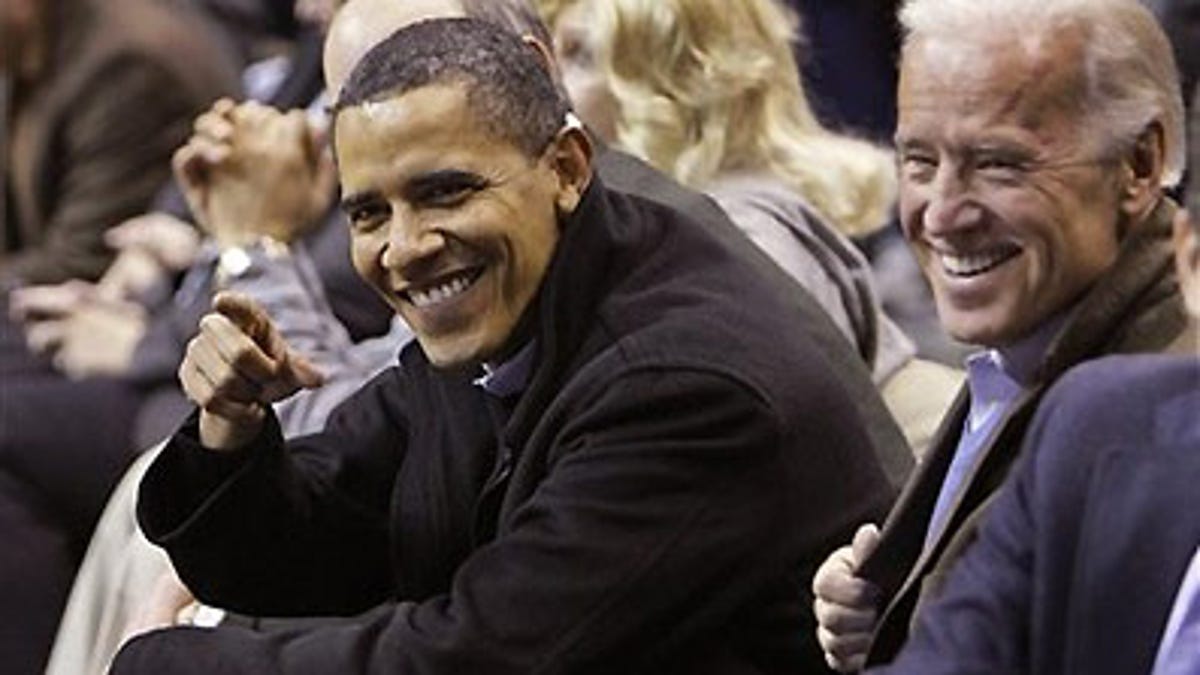
AP
Could President Obama be obstructing health care reform? Is it possible? I never imagined writing these words. Yet, after watching the president deliver his State of the Union address on Wednesday night, this question lingered in my mind. Driven by ideology, could President Obama now be the one obstructing real patient-centered health care reform?
Without question health care reform lay at the center of the president’s domestic agenda. But with the election of Senator Scott Brown, he no longer has the votes needed to push universal health care reform through the Senate. Driven by pork, pay-offs, and dirty backroom deals the public has lost trust in Washington and their plan for government-run health care. Last week’s Rasmussen poll revealed that 58% of Americans—a record high—now oppose his plan. At this point, it looks like even getting health care legislation through the House is an uphill climb.
Yet, President Obama remains determined to press on with his full agenda. He firmly believes in the expansion of government to care its citizens. On Wednesday night we saw no course correction. There was no change in tone or willingness to compromise on simper measures. There was no acknowledgement that independent voters have swung heavily toward less government and more fiscal responsibility. It seemed as if the president had missed the Massachusetts Senate race—and its implications—altogether.
This raises the question, if President Obama is unable to pass comprehensive health care reform, will he keep smaller, separate measures (such as letting businesses purchase insurance across state lines or ending frivolous litigation) off the table?
Fixing Complex Systems
Americans understand our health care system still needs serious reform. Twenty-five percent of the patients in my emergency room do not have coverage. The skyrocketing cost of health care now consumes 17% of our GDP. These concerns clearly need to be addressed.
However, Americans also understand that fixing a system as complex as American healthcare must be done in small, well defined, fiscally responsible steps. This is where President Obama’s health care reform efforts went seriously wrong.
The president and Congress attempted to revamp the entire system with a single, 2,000+ page bill, the bulk of which was put together behind closed doors. Even more worrisome, the overt “pay-to-play” deals with Senator Landrieu (D, La.) and Ben Nelson (D, Neb.) permanently tarnished the public’s perception of the legislative process. If the bill was so bad that Senators required bribes for their vote, the public understandably lost confidence in both the policy and in the process.
Seizing the Mantel
On Wednesday night President Obama offered an open invitation: “But if anyone from either party has a better approach that will bring down premiums, bring down the deficit, cover the uninsured, strengthen Medicare for seniors, and stop insurance company abuses, let me know.” Plans that use free-market solutions to cut health care costs, stimulate the economy, and increase jobs already exist. I briefly outlined such a plan last week in the Fox Forum piece earlier this month: “Five Health Care Solutions that Make Sense.”
With competing plans on the table, whoever most clearly outlines a series of common sense, step-wise reforms will own the issue of health care for decades to come. The political stakes could not be higher given the winner takes all nature of the debate.
For example, President Obama never explained how he could cut $500 billion from the program without compromising care for seniors. This is of particular concern for seniors given that a Mayo Clinic in Arizona just closed its doors to Medicare patients due to government underpayment. This highly emotional issue could shift the entire senior citizen demographic.
Free-market, patient-centered solutions run counter to President Obama’s understanding of effective “health care reform.” However, the primary difficulty for these ideas is they threaten the Democratic power base. We saw this in the recent Massachusetts election when independent voters elected a Republican in a deep blue state. Given this, the question becomes, if the We the People choose step-wise, patient-centered, fiscally responsible reforms, will President Obama stand in the way?
C. L. Gray, M.D. is president of Physicians for Reform.
